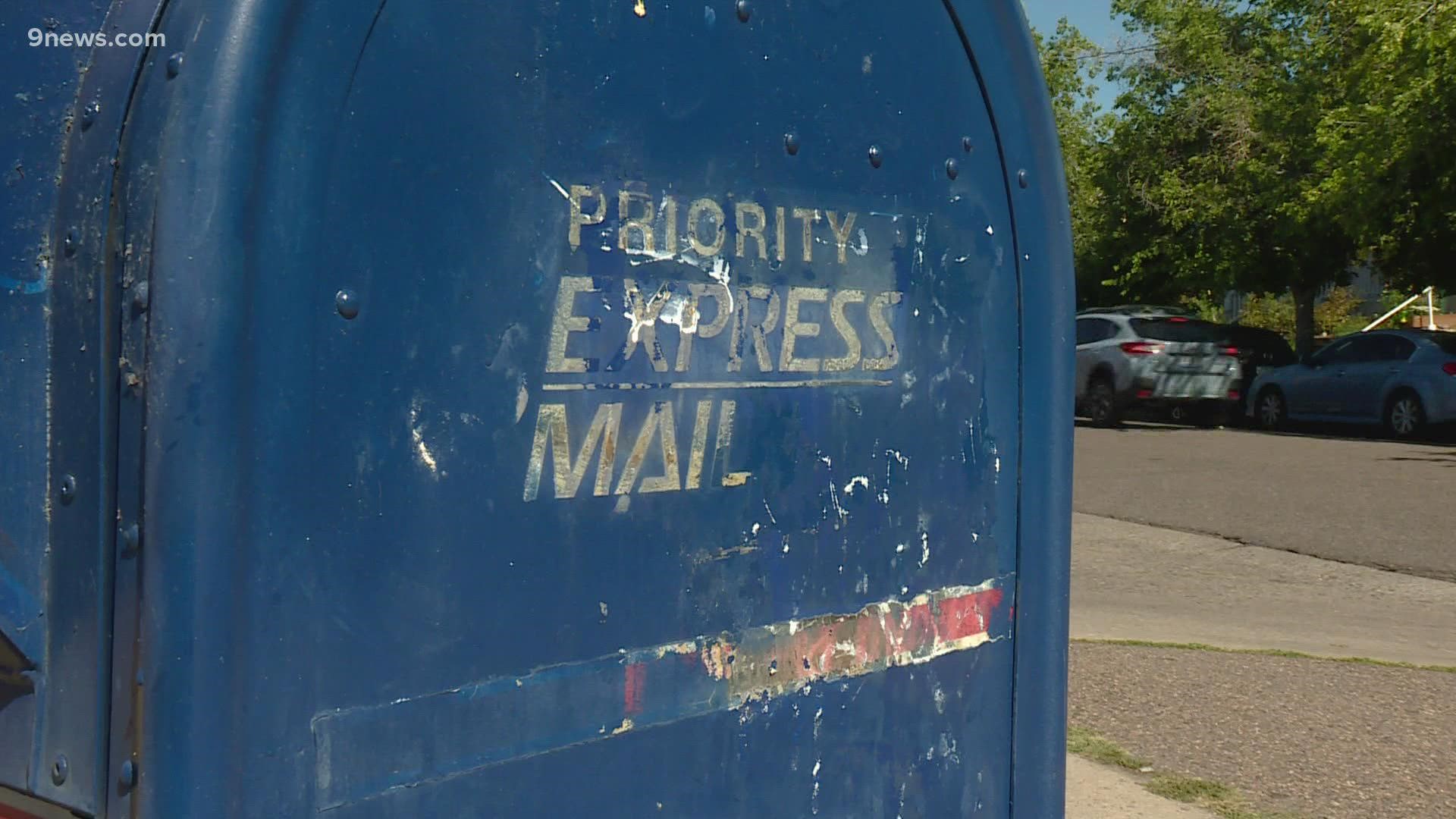The U.S. Postal Service will slow some mail delivery standards starting Friday as part of an effort to stabilize the struggling agency and reduce its growing debt.
The Postal Service said Thursday that 61% of first-class mail and 93% of periodicals won't be affected. Single-piece first-class mail delivery in a local area will remain two days.
But for mail traveling longer distances, delivery time will increase and can take up to five days. That means a check to pay a bill across the country needs to be sent earlier than before.
Paul Steidler, a senior fellow at the Lexington Institute and an expert on the postal service, told CBS News that "mail delivery will be slower than in the 1970s."
Facing an expected $160 billion in losses over the next decade, U.S. Postmaster General Louis DeJoy and other postal executives have stressed the need to cut costs and modernize the agency's operations.
USPS said it has to "rely heavily on air transportation" which it claims is "less reliable than surface transportation" and costs significantly more.
"The basic logic of the changes is that the addition of one or two days to current service standards for First-Class Mail and Periodicals would enable the Postal Service to convey a greater volume of mail within the contiguous United States by surface transportation, thereby achieving a better balance of on-time reliability and cost-effectiveness," USPS said in a notice published in the Federal Register in August.
An analysis by the Washington Post found the new delivery standard will disproportionately affect states west of the Rocky Mountains and parts of southern Texas and Florida. The Post's analysis found that under the change, 70% of first-class mail sent to Nevada will take longer to arrive, along with 60% of the deliveries sent to Florida, 58% to Washington state, and 55% to Arizona and Oregon.
Starting Sunday and continuing through Dec. 26, prices will also go up for some packages for the holiday rush.
The Associated Press contributed to this report.

